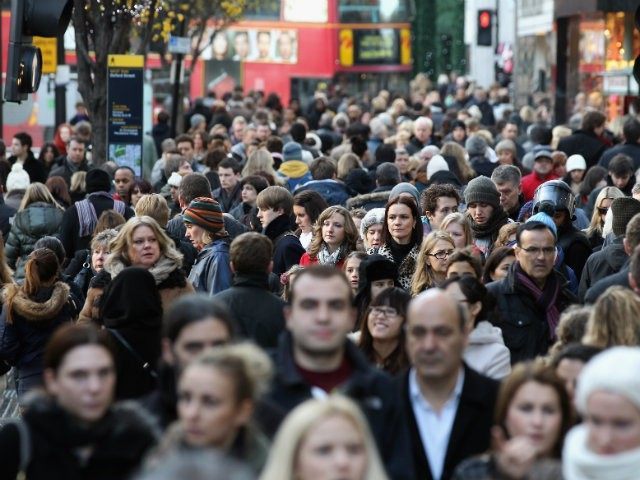A new study has shown that for people in their 20s the so-called gender pay gap is not only non-existent but completely in reverse. Figures compiled by the Press Association reveal that between the ages of 22 to 29 women typically earn £1,111 a year more than men.
The data was collected from the Office for National Statistics (ONS) between 2006 and 2013. While women in their 20s are now paid more generously, that doesn’t remain the case. A man turning 30 in 2006 could expect to be paid on average £8,775 more than a woman of the same age.
In July, the Prime Minister announced new measure whereby large firms will be forced to publish all of their employee earnings to “shame” them into addressing the “scandal” of the so-called pay gap. He wrote in The Times:
‘Under the coalition government, the gender pay gap narrowed. For full-time workers under 40, it is almost zero. But overall, a woman still earns just 80p for every £1 earned by a man. That is a scandal — and I’m determined to close the gap.’
However, the new study appears to further corroborate the argument that the pay gap is not the result of endemic discrimination but merely a result of older women making different choices to men – like taking time out to have children and working fewer hours – and possibly because they entered the workplace in a more sexist era. Although at present, according to the study, sexism works the other way.
Despite the nature of the new findings, both The Guardian and Independent reported women are still the victims.
They quote Ann Pickering, HR director at O2, who believes the research in fact highlights that women still have a long way to go to achieve equality with men. She argued that women should be coerced into taking jobs with better promotion prospects so they can overtake men at all stages of life:
“While women are earning slightly more than men in their twenties, they are still overtaken by men later in life – and the reason is simple. Women are playing catch-up when it comes to reaching senior well-paid positions,” she said. “If women are not in the same roles as men, how can they be on the same wage?”
On average men take fewer holidays than women and work longer hours. Also quoted is Sam Smethers, chief executive of the Fawcett Society, which campaigns for gender equality. She argued women should benefit from positive discrimination by making part-time or job-share hours available to women and not men.
“Unless there is good reason not to do so, that should be a company’s default thinking,” she said. “Sadly the opposite is true: once you get to certain level it’s a full-time role, which excludes many women from roles they would be perfectly capable of doing.”

COMMENTS
Please let us know if you're having issues with commenting.